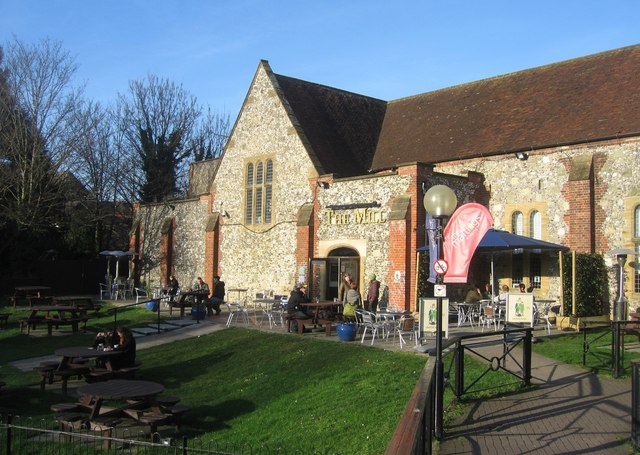An emergency meeting of the world’s chemical weapons watchdog on April 5 heard the European Union argue that Russia was probably behind the Salisbury poison attack, despite the UK’s inability to pinpoint the source of the chemical.
The meeting at the Netherlands-based Organization for the Prohibition of Chemical Weapons (OPCW) was called after British scientists admitted they could not specify that Russia was the source country of the nerve agent used against former Russian spy Sergei Skripal and his daughter in the English town of Salisbury in March.
As reported by Deutsche Welle (DW), Germany’s international broadcaster, Russia tabled a motion at the closed-door meeting to “involve Russia in some way or another in the investigation”.
The Russian embassy posted on Twitter that 14 countries out of 41 members supported its motion, including: Belarus, Syria, Kazakhstan, Armenia, Azerbaijan, Iran, Venezuela, Kyrgyzstan, Venezuela, Pakistan, Tajikistan, Uzbekistan, Nicaragua and Cuba.
Speaking on behalf of the EU, Bulgaria’s Krassimir Kostov said: “We once again confirm this position [that Russia was most likely behind the attack] and reiterate our solidarity with the… UK”.
Sweden’s Petter Lycke said: “At this stage we would consider it appropriate to await the results of the OPCW’s sample analysis before reverting to this issue”.
According to OPCW Director General Ahmet Uzumcu, his investigators would release their inquiry results early next week.
Britain had sent samples of the nerve agent to the OPCW, which is the internationally recognised body responsible for overseeing the 1997 chemical weapons convention.
Meanwhile, Russian President Vladimir Putin said on April 4 that he does not expect an apology from the UK, but “we are just expecting reason to prevail so that international relations don’t sustain damage such as we have seen recently”.
“We need to work within the framework of sound political processes, founded on fundamental norms of international law, and this will make the world a more stable and predictable place,” he said.
In a separate report, The Guardian noted that the UK has built a strong diplomatic alliance against Russia, and British officials will be relieved that it appeared only a quarter of the OPCW executive were willing to back Russia’s demand for involvement.
However, if the dispute over the nature of the Salisbury nerve agent reaches deadlock, Russia could withdraw from the OPCW, which would be a severe blow to global efforts to control chemical weapons.

